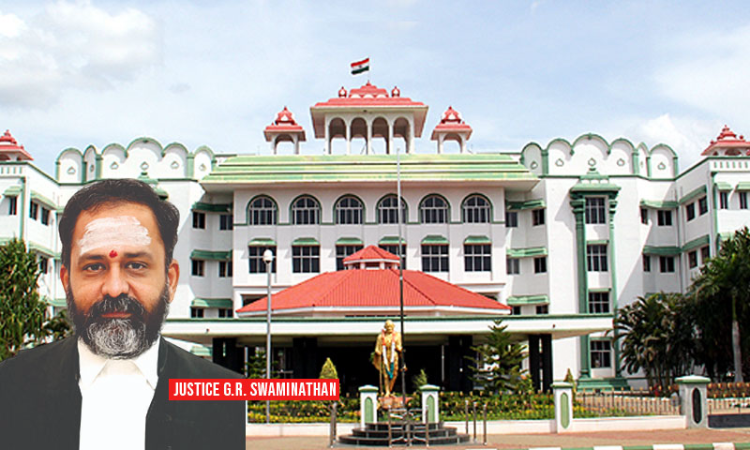Madras High Court Allows Brother To Be Appointed As Legal Guardian Of Woman With Mental Disability
Athira Prasad
27 Jan 2023 5:16 PM IST

Next Story
27 Jan 2023 5:16 PM IST
The Madurai Bench of Madras High Court on Tuesday while permitting the brother of a schizophrenic patient to be appointed as her legal guardian, observed that “person suffering from multiple disability” in Section 2 (j) of the National Trust for Welfare of Persons with Autism, Cerebral Palsy, Mental Retardation and Multiple Disabilities Act, 1999 must be understood to mean “a person...
